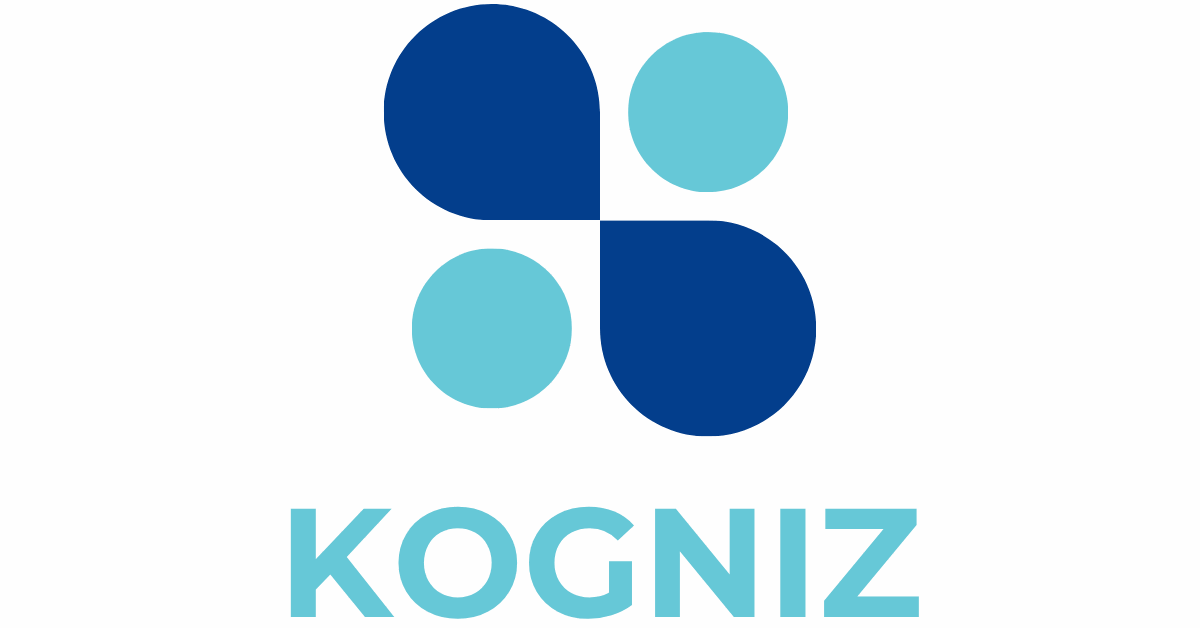In a world where technology seems to have a finger in every pie, one field stands out like a superhero in a crowd: behavioral technology. This fascinating realm combines psychology and tech to help us understand and influence behaviors, making it the unsung hero of modern life. Whether it’s nudging us to exercise more or reminding us to put down the snacks, behavioral tech is quietly working its magic behind the scenes.
Table of Contents
ToggleOverview of RoarTechMental
RoarTechMental focuses on integrating behavioral technology with psychological principles. This field emphasizes the importance of guiding individual behavior through technology-driven solutions. It utilizes data analytics, smartphone applications, and online platforms to influence habits.
The primary goal involves promoting positive lifestyle choices. Users can engage in exercises that track physical activities or monitor eating patterns. These technologies provide real-time feedback, enabling users to make informed decisions regarding their behaviors.
Moreover, RoarTechMental aims to enhance mental wellness through cognitive behavioral techniques. Various tools offer mindfulness practices and stress reduction strategies, helping users manage anxiety and improve emotional resilience. The combination of these elements creates a comprehensive approach to behavioral change.
Additionally, RoarTechMental collaborates with healthcare professionals and researchers. This partnership ensures that the technologies align with the latest findings in psychology. Such collaboration fosters innovation and improves the effectiveness of the solutions provided.
Data from user interactions guide continuous improvement efforts. Adjustments to algorithms and features occur regularly based on feedback. The user-centered design enhances engagement and retention, making it easier for individuals to adopt healthier behaviors over time.
RoarTechMental merges technology with psychology, providing users with tools to understand and modify their behaviors. This synergy not only fosters healthier habits but also improves overall well-being, demonstrating the transformative potential of behavioral technology in everyday life.
Fields of Technology Influencing Behavior
Technological advancements significantly impact how individuals’ behaviors are shaped and guided. Various fields within technology provide tools and frameworks for understanding and influencing behavior.
Artificial Intelligence
Artificial intelligence (AI) plays a critical role in analyzing human behavior. By processing vast amounts of data, AI identifies patterns and trends that inform personalized recommendations. Machine learning algorithms adapt to individual user preferences, ensuring that the suggestions remain relevant and effective. In platforms like RoarTechMental, AI enhances user engagement by delivering timely feedback and nudges, reinforcing positive lifestyle choices. The capability to predict outcomes based on behavioral data allows users to achieve their goals more efficiently.
Behavioral Psychology
Behavioral psychology offers vital insights into human motivations and actions. This field studies how environment and cognitive processes influence decision-making. Techniques from behavioral psychology inform the development of interventions on tech platforms, promoting healthier habits. Strategies such as reinforcement, goal setting, and self-monitoring cater to various user needs. Programs that incorporate these psychological principles prove more effective in fostering behavior change. In practice, RoarTechMental combines these techniques with technology to empower users in their journey towards improved mental wellness and healthier lifestyles.
Applications of Technology in Guiding Behavior
Behavioral technology finds applications across various sectors, significantly influencing how individuals engage with their health and wellness.
Wearable Technology
Wearable devices empowering users contribute significantly to behavior guidance. Fitness trackers monitor physical activity, providing real-time data on exercise levels and encouraging more movement. These devices often include features like heart rate monitoring and sleep tracking, giving users comprehensive insights into their health. Gamification elements, such as challenges and rewards, motivate users to achieve their fitness goals. With consistent usage, wearables guide behavior by promoting an active lifestyle and enhancing overall health.
Mobile Applications
Mobile applications play a critical role in guiding individual behavior. Many apps focus on tracking nutrition and exercise, fostering positive lifestyle changes through user-friendly interfaces. Push notifications remind users to stay active and meet their health goals, creating accountability. Integration with social features encourages sharing achievements with friends, promoting community support. Many applications utilize AI algorithms to personalize recommendations and provide tailored feedback, further enhancing engagement and motivation for healthier habits. Through these interactive solutions, mobile applications significantly impact user behavior and encourage sustainable change.
Benefits of Using Technology for Behavioral Guidance
Technology enhances behavioral guidance in several impactful ways. First, it provides real-time feedback, allowing users to make immediate adjustments to their habits. Platforms like RoarTechMental utilize data analytics to measure progress and suggest personalized interventions.
Gamification elements, such as rewards and challenges, create a motivating environment. Users experience increased engagement through features that make tracking activities enjoyable. This approach often leads to sustained behavior change over time.
Wearable devices play a pivotal role in monitoring physical activity. Information gathered from fitness trackers offers insights that drive users toward healthier choices. Additionally, mobile applications track nutrition and exercise, promoting accountability through push notifications.
AI algorithms analyze individual patterns, generating tailored recommendations. Users benefit from these personalized insights, making it easier to adopt and maintain positive habits. Moreover, the integration of social features fosters community support, enhancing motivation and commitment.
Mental wellness tools within RoarTechMental, such as mindfulness techniques, contribute to emotional resilience. Strategies derived from cognitive behavioral techniques support users in managing stress and anxiety. Collaborative efforts with healthcare professionals ensure alignment with current psychological findings.
By continuously improving based on user interaction data, technology remains user-centered. Adjustments to algorithms and features enhance overall user experience, reinforcing the importance of behavioral guidance. This blend of technology and psychology paves the way for meaningful lifestyle changes and improved mental well-being.
Challenges and Ethical Considerations
Behavioral technology presents several challenges that warrant careful consideration. Privacy concerns arise when platforms, like RoarTechMental, collect and analyze vast amounts of personal data. Users must trust that their information is secure and used responsibly. Ensuring user consent and transparent data management practices becomes essential for maintaining trust.
Data misuse poses another risk, particularly when third parties gain access to sensitive information. Organizations must establish robust policies to prevent unauthorized use of data, ensuring that users’ privacy remains a priority. Compliance with regulations, such as the Health Insurance Portability and Accountability Act (HIPAA), also requires careful attention from developers.
Another challenge lies in the potential for algorithmic bias. AI algorithms may inadvertently perpetuate existing biases, influencing the recommendations provided to users. Continuous auditing and evaluation of these algorithms is necessary to uphold fairness and inclusivity in behavioral interventions.
Psychological impacts also need consideration. Users might develop dependence on technology for decision-making, undermining their ability to make independent choices. Balancing technology’s role in guiding behavior with maintaining individual autonomy presents a crucial ethical dilemma.
Motivational manipulation represents a further ethical consideration, especially when employing gamification techniques. While rewards can enhance engagement, they may also encourage unhealthy competition or unrealistic expectations. Striking a balance between motivation and mental well-being is vital for ethical practices in behavioral technology.
Navigating the complexities of behavioral technology requires addressing privacy concerns, data security, algorithmic bias, psychological impacts, and motivational manipulation. Prioritizing user welfare and ethical standards fosters an environment where technology serves as a supportive tool for healthier behaviors.
Conclusion
Behavioral technology stands at the forefront of guiding individual behaviors through innovative solutions. RoarTechMental exemplifies how this field can effectively combine psychological insights with technology to promote healthier lifestyles and enhance mental wellness. By leveraging data analytics and real-time feedback, it empowers users to make informed decisions about their habits.
The integration of artificial intelligence and behavioral psychology further enriches the user experience, providing personalized recommendations that resonate with individual motivations. While challenges regarding privacy and ethical considerations exist, the potential for positive behavior change remains significant. As technology continues to evolve, platforms like RoarTechMental will play an essential role in shaping healthier futures for individuals and communities alike.






